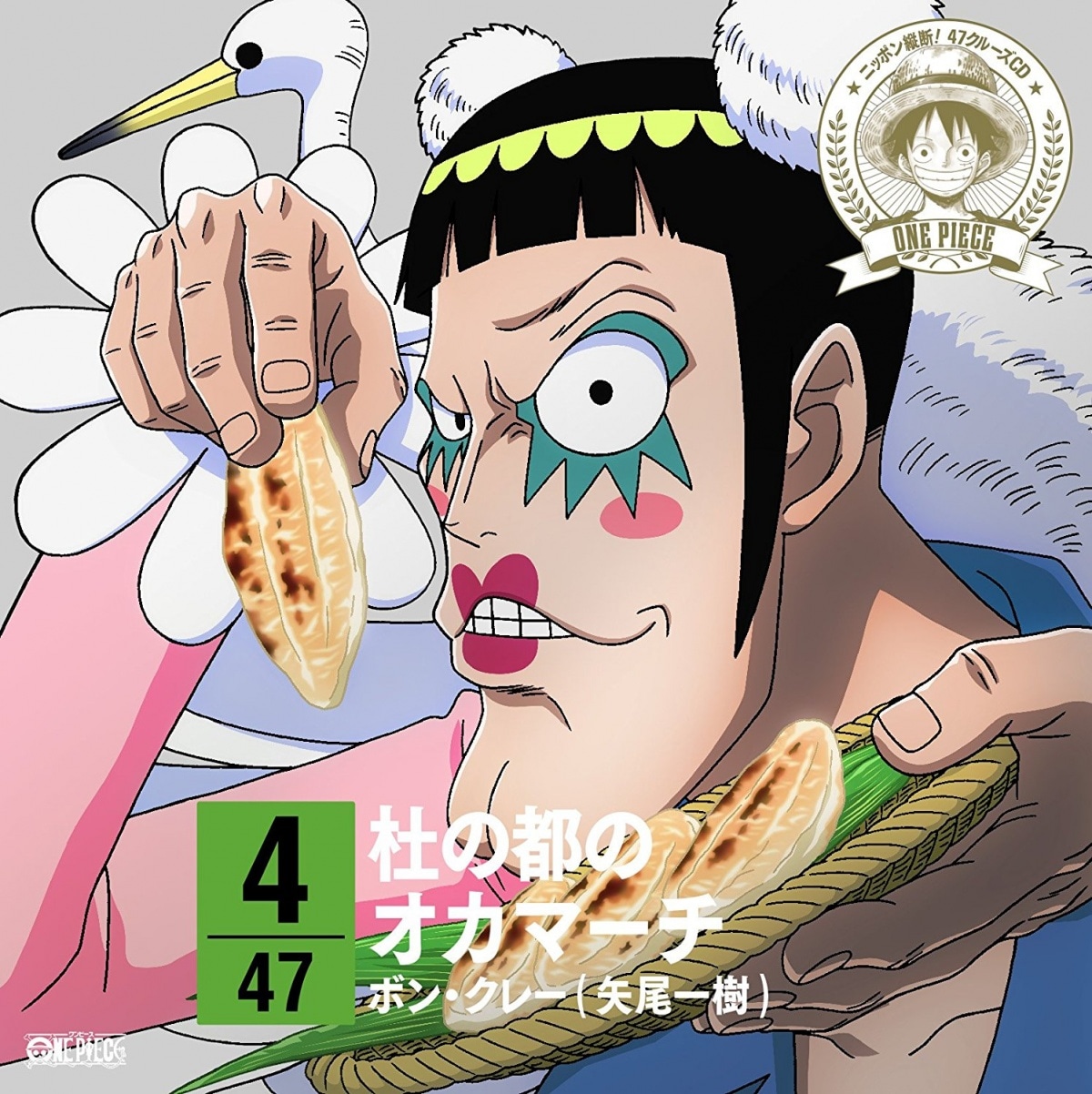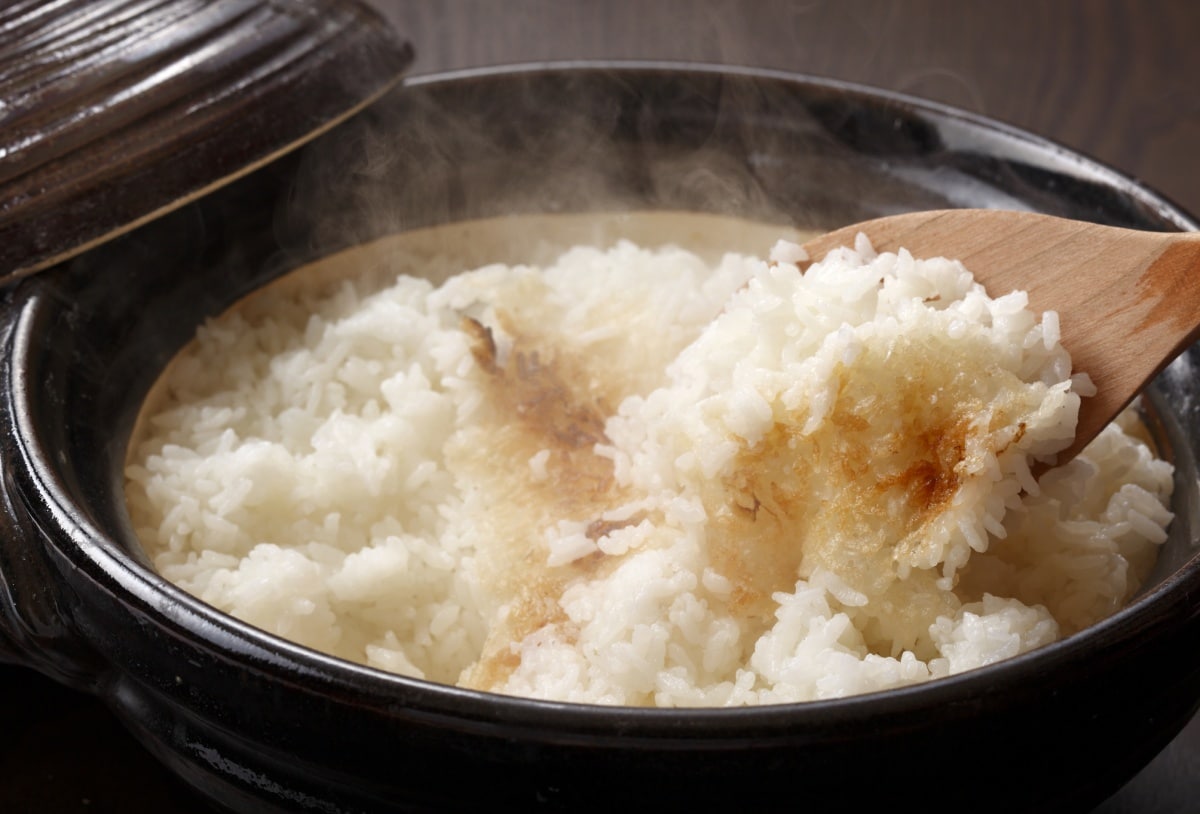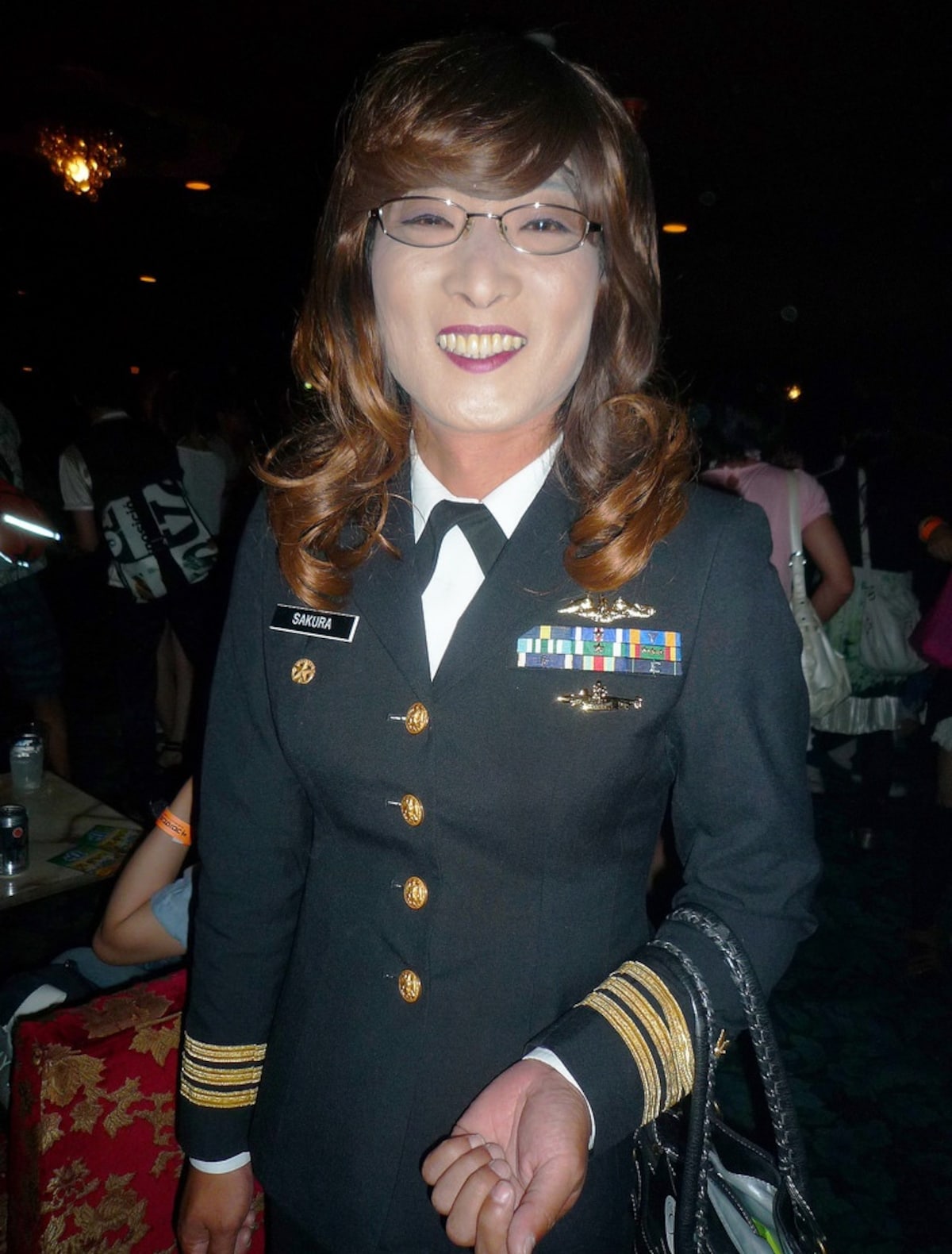Inside the Secret World of Japan's LGBT+ Slang

Every society has its own jargon regarding the LGBT+ community that reflects their own cultural color. No different, Japan has its own jargon with many discreet terms, reflecting the Japanese preference of indirect expression. Note: some of these terms are seen as outdated as "LGBT" is becoming the preferred politically correct descriptor in Japan.
By Thomas ShiozakiOkama (オカマ) & Onee (オネー)

https://www.amazon.com/PIECE-NIPPON-OUDAN-CRUISE-MIYAGI/dp/B00PEA100K/ref=sr_1_1?ie=UTF8&qid=1493278578&sr=8-1&keywords=bon+kurei
Literally, okama means "kettle" and onee (pronounced OH-nay) means "sister." They both refer to men who have become female after surgeries or used for effeminate guys. At first, okama was solely used, as these traditional Japanese pots look like they have curvy hips. However, okama was generally considered both offensive and too sexualized as it also referred to male prostitutes. Popular media, including anime and manga, used the term for outlandish and effete characters. One example is the One Piece character Bentham, better known as Mr. 2 Bon Kurei (seen above is the cover for his song "オカマーチ" or "Okama March").
Recently onee is being used more frequently in the media instead of okama. While both terms can be heard in private conversation, okama and onee are not acceptable terms to use in public.
Onabe (オナベ)

A parallel with okama referring to a "girly" man, another kitchen tool is used for tomboys: onabe, which means cooking pot. Initially, this term was used for female prostitutes who dressed like men for women, now it's also used for women considered masculine by Japan's traditional standards. While not used as frequently as okama, it too is considered offensive and has fallen out of favor with younger generations.
Okoge (お焦げ)

Okoge is another outdated term that isn't very popular, though some women wear it as a badge of pride. Okoge, the burned rice at the bottom of the pot, is used to refer to heterosexual women who "stick to" homosexual men. It relates directly to okama (as mentioned above, okama is a pot that can be used to cook rice). The English equivalent, which is equally unfavorable, is "fag hag," though the less offensive "fruit fly" is gaining in popularity.
Nonke (ノンケ)

A wasei-eigo (A Japanese word influenced by English) term, nonke is a contraction of English words "non" and "gay," referring to straight men. It's primarily used by people in the LGBT+ community to describe heterosexual males.
Kocchi (こっち)

Meaning "over here" or "our side," when someone in the LGBT+ community says kocchi while putting his/her hand up like gossiping (like the girls in the above photo), then it likely means the subject of gossip is a "member" of the club.
Newhalf (ニューハーフ)

https://www.flickr.com/photos/antjeverena/4737310475
Another wasei-eigo term, newhalf shares the same negative connotation as the English word "shemale," and likewise conjures up images of entertainers or sex workers. It's a blanket term for people across the transgender-transsexual spectrum but generally refers to a trans woman possessing male genitalia. A person that identifies as newhalf is different from a transvestite (where the focus is solely on wearing female clothes) or okama (which indicates a person who has undergone genital reassignment surgery). Like transsexual and transgender in English, there's a very fine line between newhalf and okama, with newhalf more closely aligning itself with the word intersex, a person that doesn't conform solely to male or female binary standards.
-sen (-専)

Sen is a suffix meaning specialty. It's added to words to describe the type of guys you are into. Here are some of the more common variants of -sen:
• Gai-sen (外専) — Japanese people who prefer Western foreigners (外国人, gaikokujin).
• Debu-sen (デブ専) — Refers to those who likes beefy guys (Debu means chubby).
• Fuke-sen (老け専) — Typically for younger guys who prefer older, "mature" men.
• Gatai-sen (ガタイ専) — Used to describe those who focus purely on muscularity (often equating it to sexual prowess). Gatai relates to body build.



